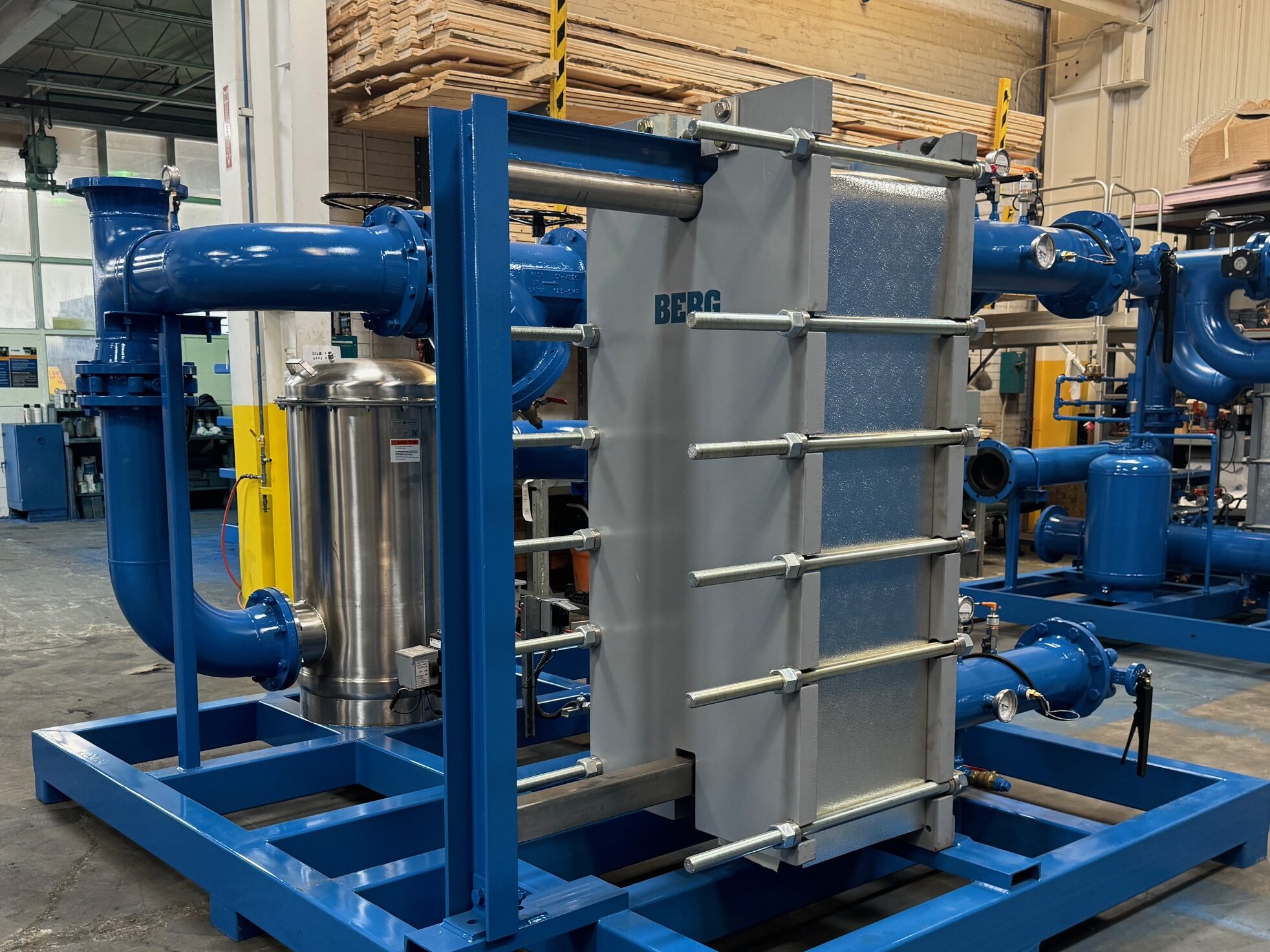A heat exchanger is a crucial component in many industrial processes, designed to efficiently transfer heat between two fluids without allow them to mix. These devices play a vital role in regulating temperatures, ensuring machinery operates efficiently, and preventing overheating. Industries such as manufacturing, power generation, food processing, and chemical production rely heavily on heat exchangers to maintain stable operating conditions and enhance energy efficiency.
In industrial cooling systems, heat exchangers remove excess heat generated by machinery, production processes, and other heat-intensive operations. By transferring heat away from critical components, they support optimal system performance, reduce wear and tear, and lower energy costs.

Industrial processes generate significant amounts of heat. If not properly managed, this heat can lead to reduced equipment performance, increased downtime, and safety hazards. Heat exchangers offer a reliable and energy-efficient solution for removing unwanted heat and maintaining system stability.

In many industrial applications, heat exchangers are used as part of a clean loop system. This setup separates the process cooling water from the open cooling tower water, which may contain contaminants. The clean loop design helps prevent fouling and corrosion while optimizing heat transfer efficiency.
A typical system includes:
1. Power Generation: Used in power plants to cool steam turbines, generators, and nuclear reactors, improving energy conversion efficiency.
2. Manufacturing & Heavy Industry: Heat removal from hydraulic systems, compressors, and metal processing equipment to prevent overheating and downtime.
3. Food & Beverage Processing: Maintaining precise temperatures for pasteurization, fermentation, and refrigeration processes.
4. Chemical & Petrochemical Industries: Managing heat during exothermic reactions and preventing temperature-related hazards.
A recent Berg project illustrates how heat exchangers can be engineered for performance and long-term scalability. Tasked with designing an industrial cooling system for Gracious Living, a leading furniture manufacturer, that could match the performance of their existing facility while accommodating future growth.
To achieve this, Berg implemented a plate-and-frame heat exchanger operating within clean water loop system. This design isolates the process cooling water from the open cooling tower circuit, ensuring stable, contaminant-free operation and protecting temperature-sensitive equipment from scaling and fouling.
With over 50 years of experience, Berg is a trusted provider of innovative, high-performance heat exchanger systems for a wide range of industrial applications. Our team of experts is dedicated to helping clients improve efficiency, reliability, and long-term performance through custom-engineered cooling solutions.
If you're unsure which heat exchanger is right for your process, we’re here to help. Contact Berg today to explore your options and find the ideal cooling solution for your facility.